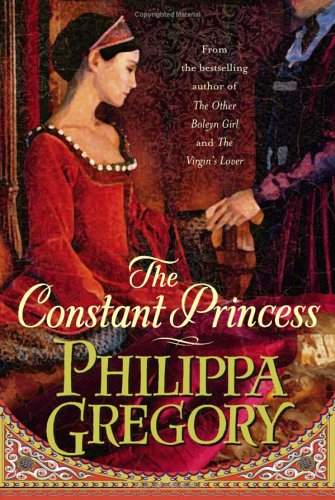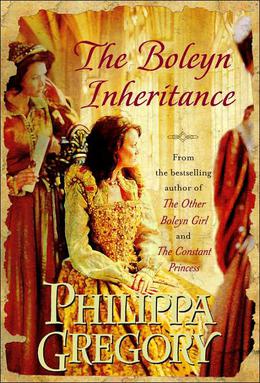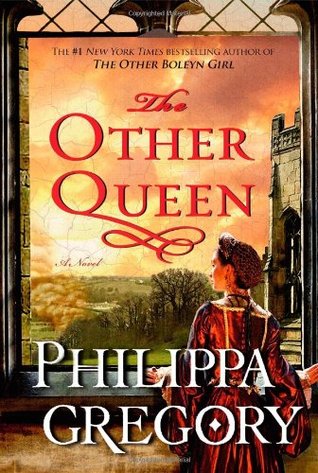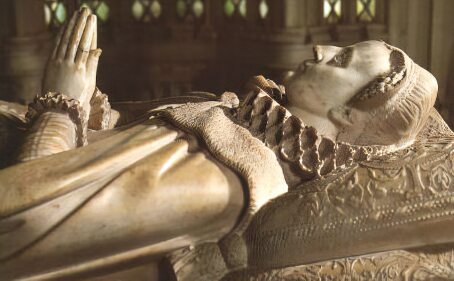 |
| Kinda wanna get their crest as a tattoo, not gonna lie. |
I cannot begin to tell you how many times I could reread this series. Gregory has this way of bringing history to life and her characters become deep and tangible. She handles the whole Henry VIII wife fiasco from the female perspective, but not Anne Boleyn's; instead, in The Other Boleyn Girl, she approaches the tale from Anne's sister Mary Boleyn's POV. By doing that, readers know a new scale of King Henry, from the beginning of his monarchy when he was stable, to post-Anne, after he was driven crazy with insecurity.


However, my favorite Gregory book (so far) has to be The Constant Princess which is the story of when Catherine of Aragon first came to England. It also touches upon her childhood in Spain and her brief marriage to Henry's older brother Arthur. My admiration for this queen can't be overstated- she had so many miscarriages and tragedies, but through it all she understood that she had to be a ruler first and a human/woman second.
 |
| I went to Hampton Court palace in 2011 and found this list of all of Catherine's babies. |
 |
| Bitch was hardcore. |

Next, The Boleyn Inheritance tackles the messy web of all of Henry's other wives:

The major fangirl in me feels that these should have been books in their own right, but maybe Gregory's publishers thought the series wouldn't survive through a book all about Anne of Cleves, boring German that she was. Or maybe the author was already moving onto her other bestselling series The Cousins' War.
 |
| Total tally... |

Finally, The Other Queen talks about one of the most disputed instances of regicides: the death of Queen Mary of Scots. This is another historical figure I'm very interested in, because she's another who owns that title granted to few women- queen in her own right. Her death was a very hard order that Elizabeth I agonized over; what would it mean for 'sister queens' (in reality, cousins) to suddenly start killing each other off? However the Catholic-Protestant divide in England was too great, and Mary died. Gregory's book has Mary writing the true motivations and forces behind her tumultuous international rule the night before she is executed. This book in the series wasn't as good as the others, to me, because I felt like it was rushed and doesn't have the juicy details like in The Constant Princess or The Other Boleyn Girl. However, it was still well-worth the read.
 |
| Ironically she's buried right down the hall from her noble cousin. |
 |
| If I grew up to write just like her, that wouldn't be a bad thing. |
UPDATE: I just finished The Queen's Fool and found it definitely worth my time. The protagonist experiences profound growth from adolescence to adulthood and gives new insight into Queen Mary I a.k.a. Bloody Mary. She also has a modern sense of feminism in a 16th century world, but eventually reconciles wifehood with her independence. One doesn't have to obsessed with the Tudors to be into this book; it also involves the Inquisition, Judaism, and espionage. Well done, Gregory!
No comments:
Post a Comment